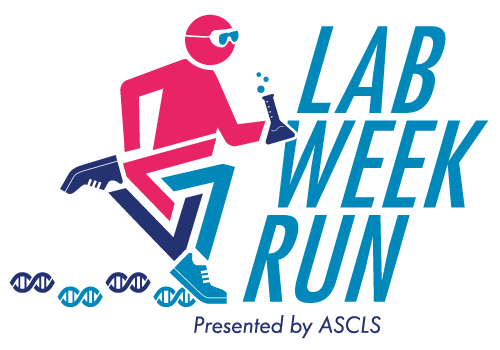April 18-24, 2021
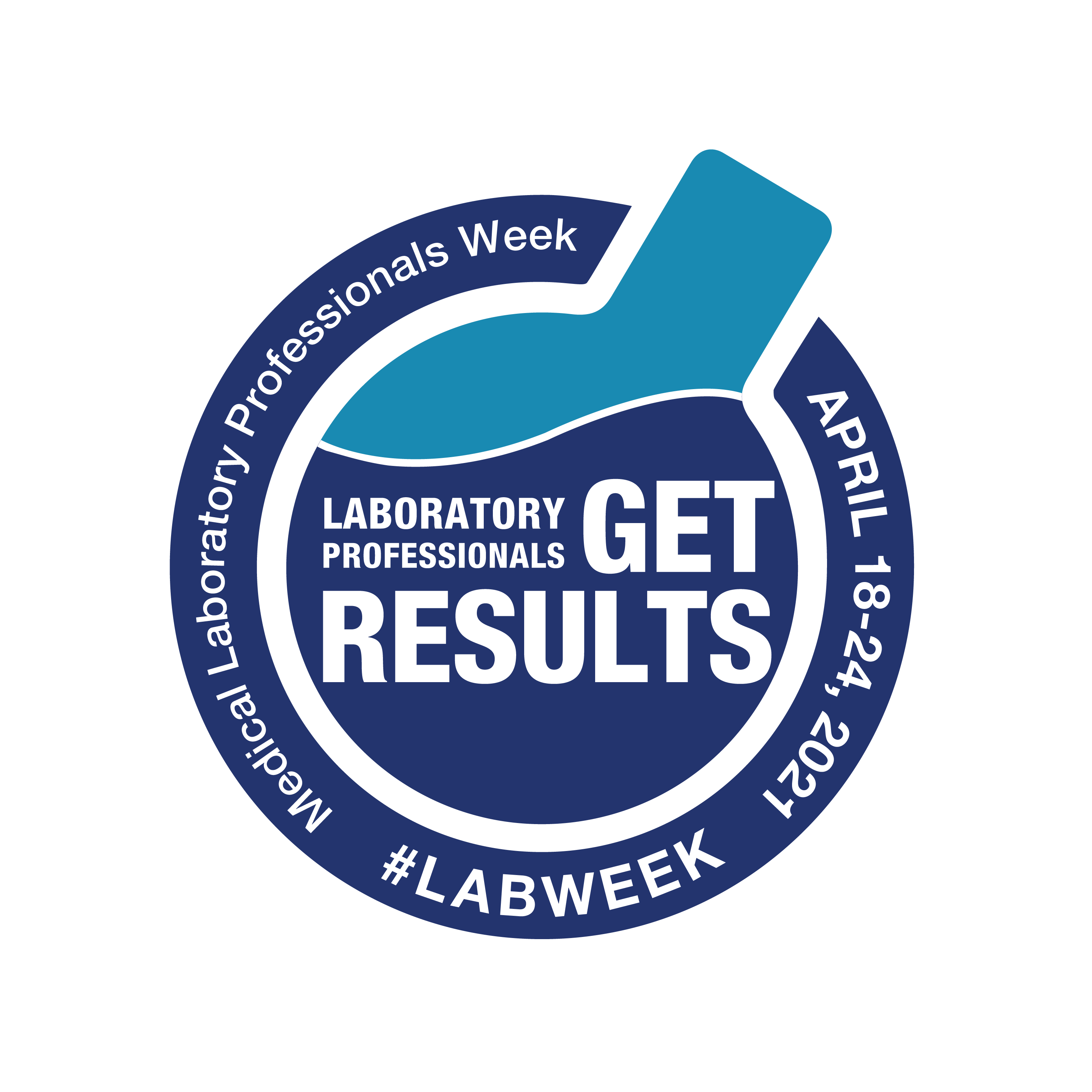 Medical Laboratory Professionals Week (MLPW) provides the profession with a unique opportunity to increase public understanding of and appreciation for clinical laboratory personnel.
Medical Laboratory Professionals Week (MLPW) provides the profession with a unique opportunity to increase public understanding of and appreciation for clinical laboratory personnel.
MLPW, which takes place the last full week in April each year, is coordinated by a collaborative committee with representatives from 17 national clinical laboratory organizations, including ASCLS. Now in it's 44th year, it is important to reflect on the important history of MLPW.
Medical Laboratory Professionals Week originated in 1975 as National Medical Laboratory Week, or NMLW, under the auspices of the American Society for Medical Technology, now called the American Society for Clinical Laboratory Science (ASCLS). In subsequent years, other organizations have served as cosponsors and campaign supporters.
It's almost time for the 6th Annual Lab Week Run! This event is sponsored by the ASCLS Ascending Professionals and Developing Professionals Forums! Proceeds are used to support travel grants, including the Education & Research Fund Cynthia L. Breen Memorial Scholarship.
Download the 2021 Lab Week Run flyer and help spread the word to colleagues, friends, and family.
Thank you to our generous 2021 Platinum Sponsors!
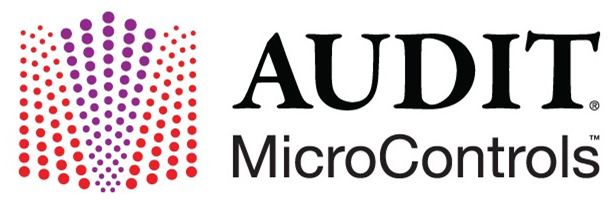 |
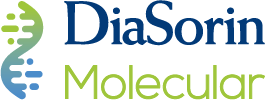 |
 Beyond meeting this public need, the celebration of MLPW will help increase recognition for the profession as it improves the individual practitioner's sense of self-worth. Further, as the various professional groups within laboratory practice work together on this project, the sense of unity and purpose necessary to further the goals of all laboratorians are reinforced.
Beyond meeting this public need, the celebration of MLPW will help increase recognition for the profession as it improves the individual practitioner's sense of self-worth. Further, as the various professional groups within laboratory practice work together on this project, the sense of unity and purpose necessary to further the goals of all laboratorians are reinforced.
Many members plan displays, open houses and various other activities in their institutions or local areas. Some have obtained proclamations by mayors or governors while others have been featured on local TV and radio stations. National MLPW has been successful in increasing the recognition of clinical laboratory science among the healthcare community and general public.
We encourage you to use our hashtag - #lab4life. For laboratory professionals, this hashtag is a statement of our dedication to the profession. To the general public, it illustrates how quality laboratory results can lead to a healthier life. Use this hashtag to show others your pride in being a laboratory professional.
Download the #Lab4Life logo
Right click to save image to your computer. Images cannot be altered.
Download the MLPW 2021 logo
Right click to save image to your computer. Images cannot be altered.
Download Two-Color Logo (jpg)
Download Two-Color Logo (png)
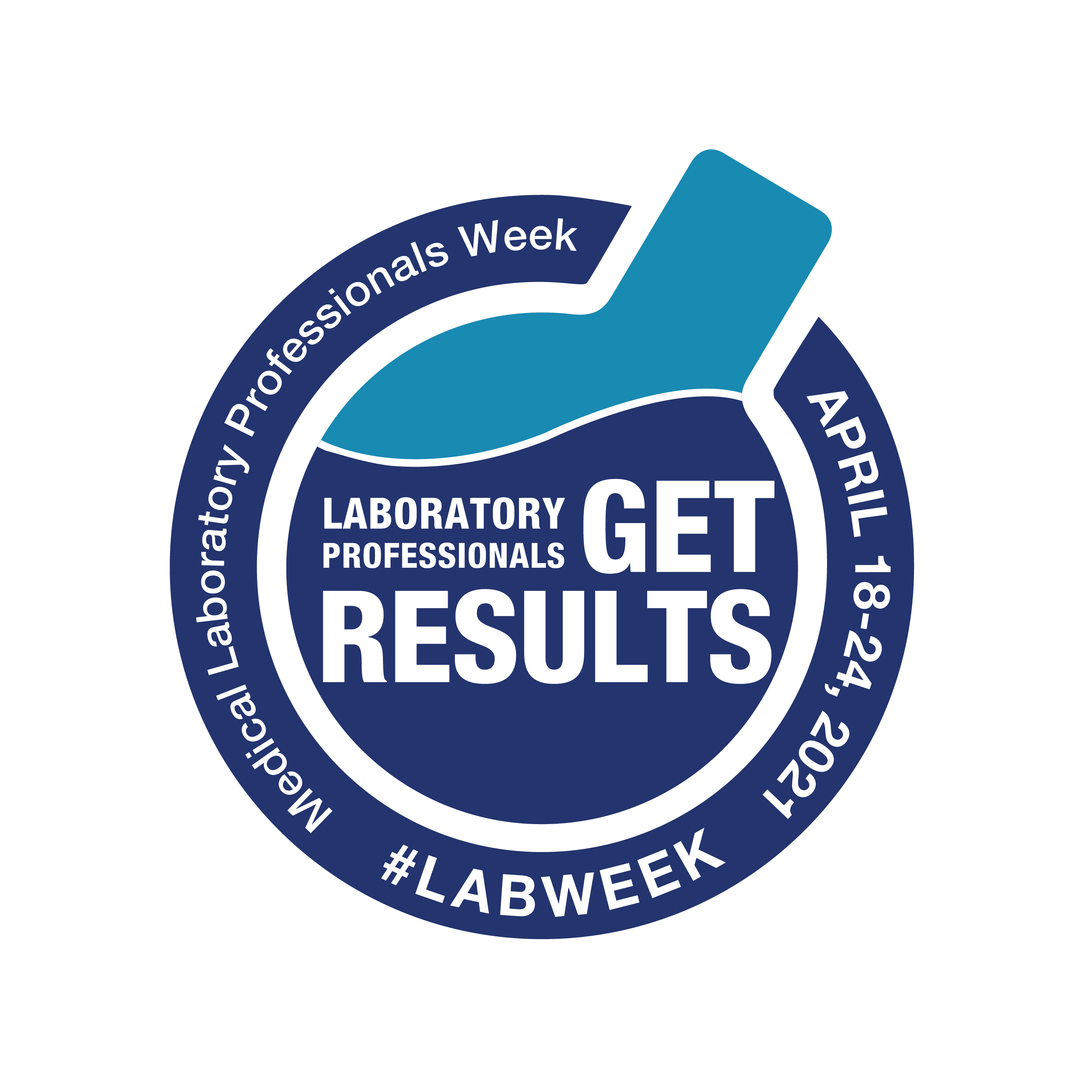
Download One-Color Logo (jpg)
Download One-Color Logo (png)
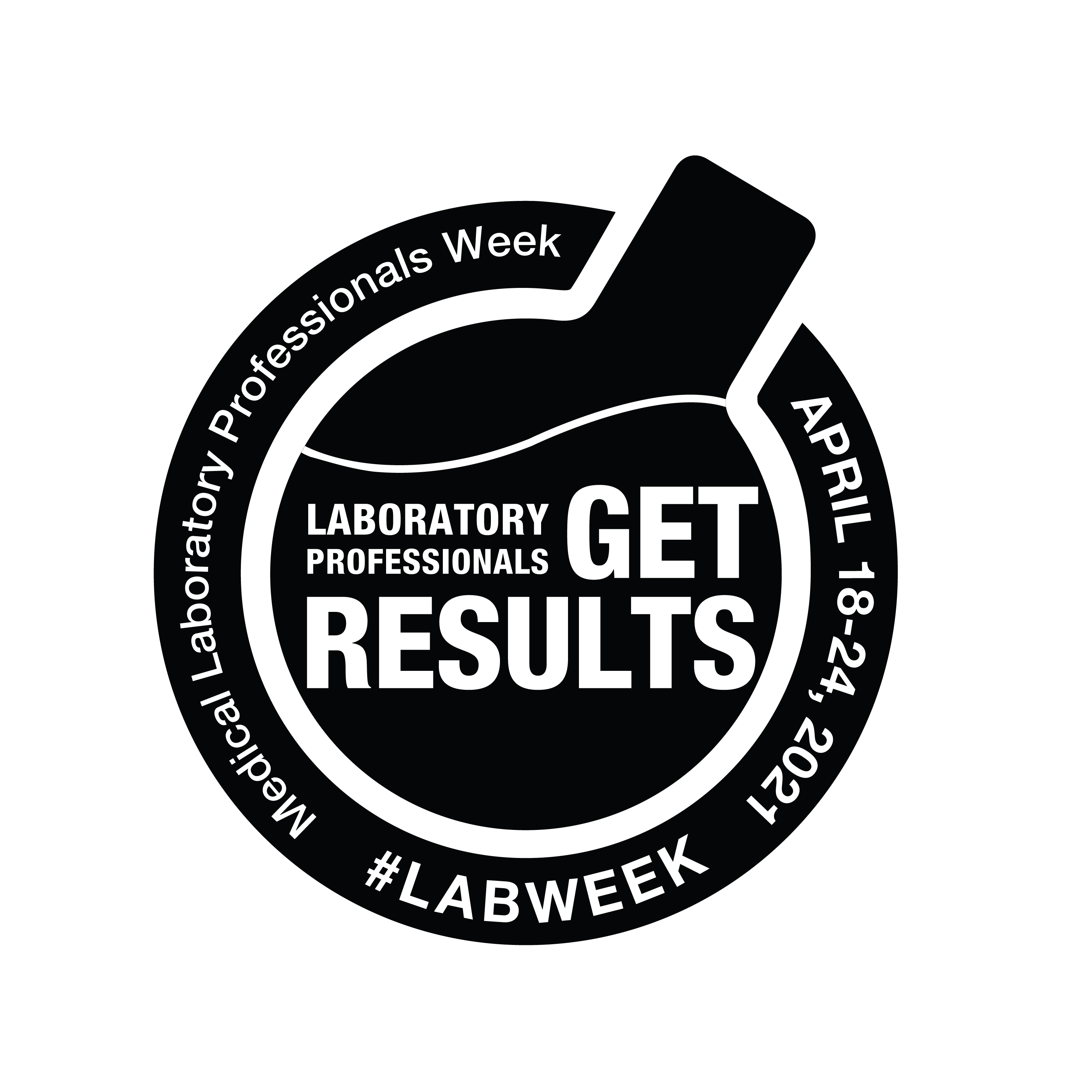
Download White Logo (jpg)
Download White Logo (png)
An objective of MLPW is to educate healthcare professionals, the public, and others about the role of the laboratory professional in patient care. ASCLS has many items available that can be used for this effort. See below. This list is a free resource for all to use in planning their MLPW celebrations.
- Download the MLPW Promotional Guide, filled with ideas for celebrating and building awareness about the profession
- View an example of a successful effort for a Governor’s Proclamation
- View an example of a successful effort for a Mayor’s Proclamation
- A Life Saved: Laboratory Professionals Make A Difference Video - poignant and moving video that inspires and empowers laboratory professionals to articulate the importance of their contributions to patient care.
- Lab Tests Online — an unprecedented resource for healthcare consumers to understand the meaning of their laboratory test results; information about how to promote this site is available at the website.
- ASCLS Career Recruitment Toolkit - Our career recruitment toolkit contains several resources to be used in educating others about our profession during MLPW, including a new brochure and promotional video.
- ASCLS Promotion of the Profession website - The ASCLS PPC website has additional resources that can be used for your MLPW celebration.
- Laboratory Science Careers - a website designed to encourage students to enter our profession. It includes information on careers, education, and other resources, including videos.
- Coordinating Council on the Clinical Laboratory Workforce - the CCCLW works to ensure the supply of qualified laboratory professionals. CCCLW projects include an awareness campaign to put a face on clinical laboratory scientists.
- Children's Hospital of Philadelphia Laboratory video - view short video describing the value of laboratory professionals
- Maxine cartoon - John Wagner, of Maxine fame, drew a lab cartoon years ago picturing Maxine and Obie with a microscope and blood samples on the counter in honor of MLPW. Carol Daniels, retired program director from Indian River State College (FL), was his sister. The cartoon was his contribution to our profession. Thanks to Marilyn Barbour and IRSC for making this available.
In the fall of 2005, NMLW was changed to National Medical Laboratory Professionals Week (NMLPW) to emphasize the person whose expertise is needed in the performance of laboratory testing. Beginning in 2010 the organizers decided to "brand" the event by using the same theme each year: Laboratory Professionals Get Results. In the summer of 2012 organizers deleted "National" from the title for brevity, and it became Medical Laboratory Professionals Week.
There are approximately 300,000 practitioners of clinical laboratory science in the United States. Since the development of this career group in the 1920s, the clinical laboratory science professional has played an increasingly vital role in the diagnosis and prevention of disease. Today, the clinical laboratorian is a key member of a health care team.
As team members of one of the largest industries in the United States, the dedicated efforts of laboratory professionals often go unnoticed by the general public, as well as by the very institutions employing their services. With the public now demanding the assurance of quality health care and professional accountability, organizations representing practitioners of this critical science have a responsibility to ensure that the public is well informed about clinical laboratory competency.
